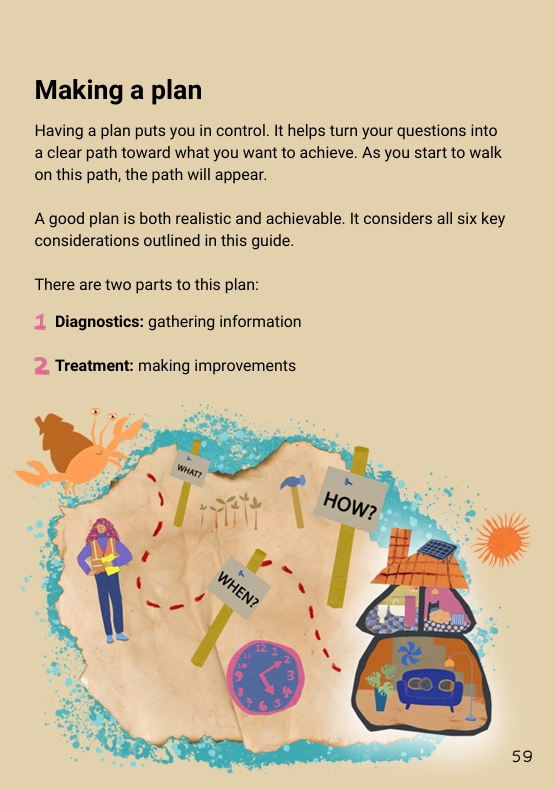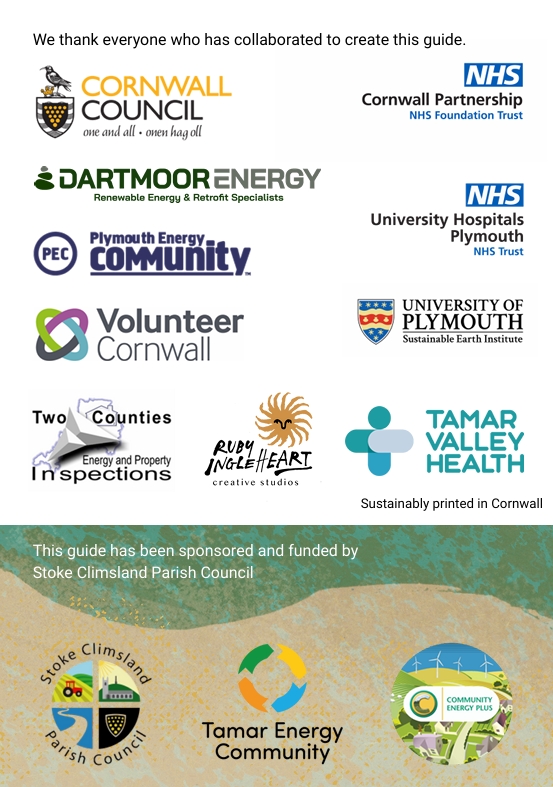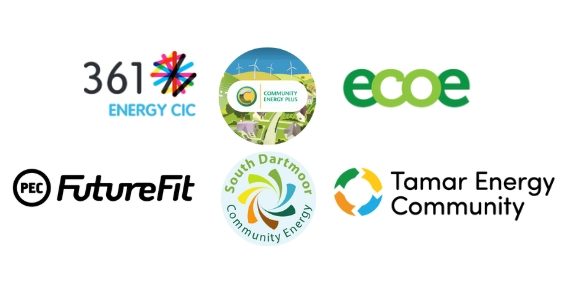Power to the People: Localising Our Energy
Tamar Energy Community (TEC) is powering up Tamar Energy Fest once again. Join us on Saturday 22nd November 2025, from 10:00 to 15:00 at Butcher’s Hall, Tavistock.
Our theme this year is Power to the People, looking at opportunities to localise our energy and enable greater benefits for our local communities.
The Fest offers a welcoming space for local householders, businesses, and communities to explore practical ways to improve the energy efficiency of their home, business or community building; and increase comfort, build resilience against rising energy costs and the impacts of climate change.
Whether you’re just beginning your journey or already making progress, Tamar Energy Fest provides free, impartial advice from experts in retrofitting and energy management. Visitors can access practical guidance for small, everyday energy wins as well as support for larger home or building upgrades.
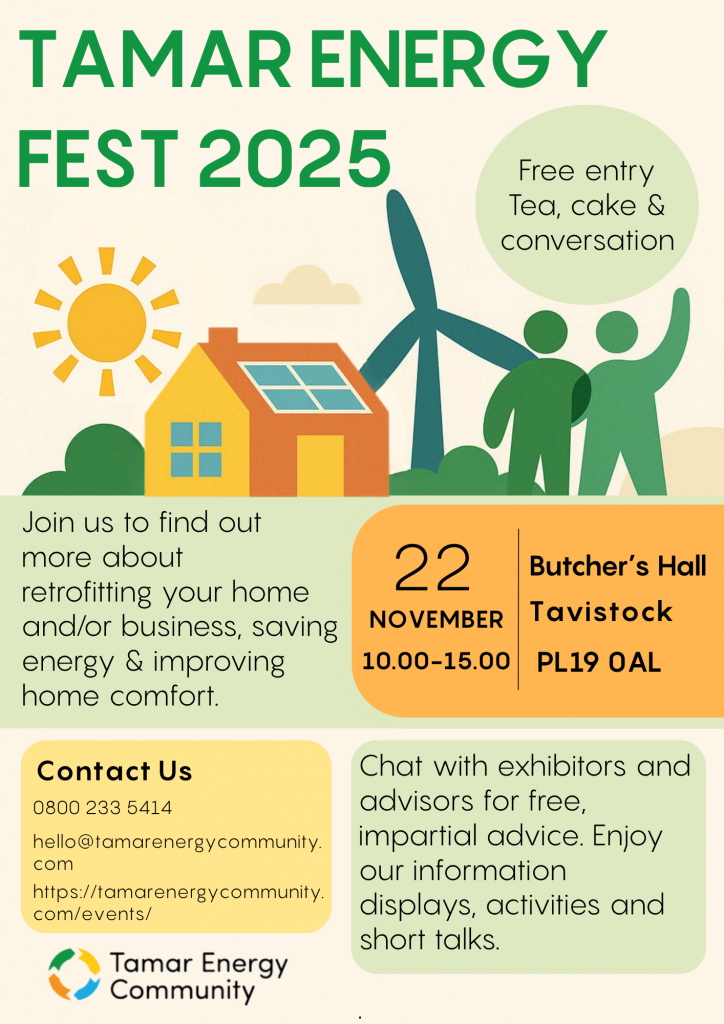
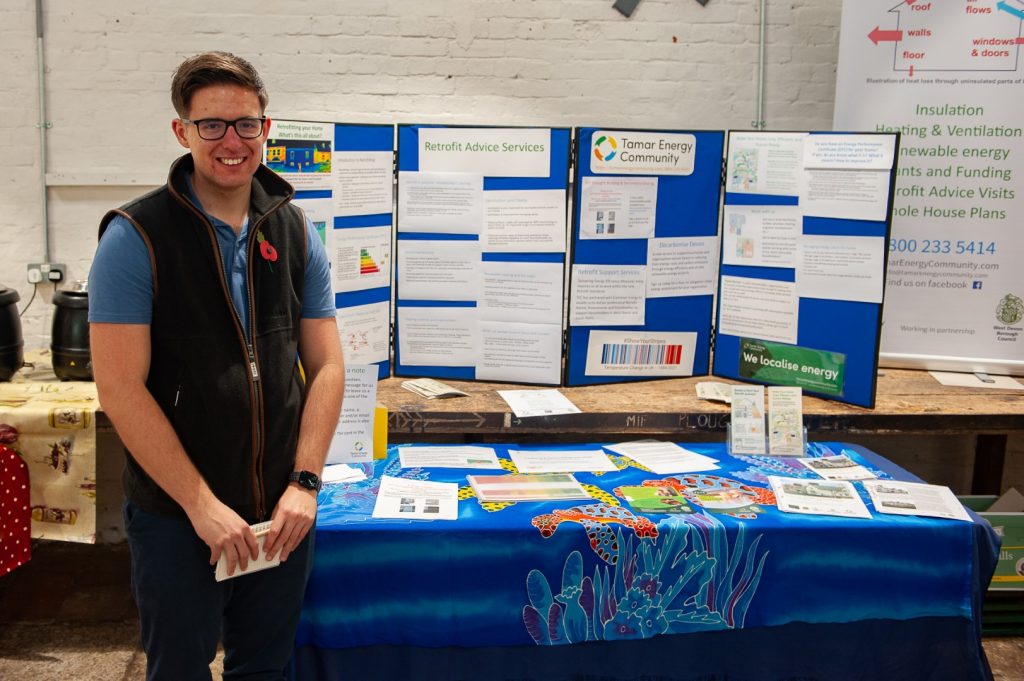
The event is free to attend and will feature a range of knowledgeable exhibitors, interactive displays, and information stalls designed to help you make informed choices and reduce energy use. Exhibitors include Dartmoor Energy, National Energy Action (NEA), South West Water, Devon Wildlife Trust, Utility Warehouse, Tamar Valley National Landscape, The Fell Partnership, New Generation Energy, Cor Blinds, Mole Energy, Transition Tavistock, Tavy Rail and Dartmoor Photographer and Studio Skein. We’re still finalising the exhibitors, so keep an eye out for updates
This is a family friendly event which can be enjoyed together. There’ll be an energy quiz, What is Watt?, and an opportunity to make your own poster.
TEC’s advisors will be on hand throughout the day, and guests are welcome to drop by the pop-up café for a cuppa and cake.
Find out more here.







